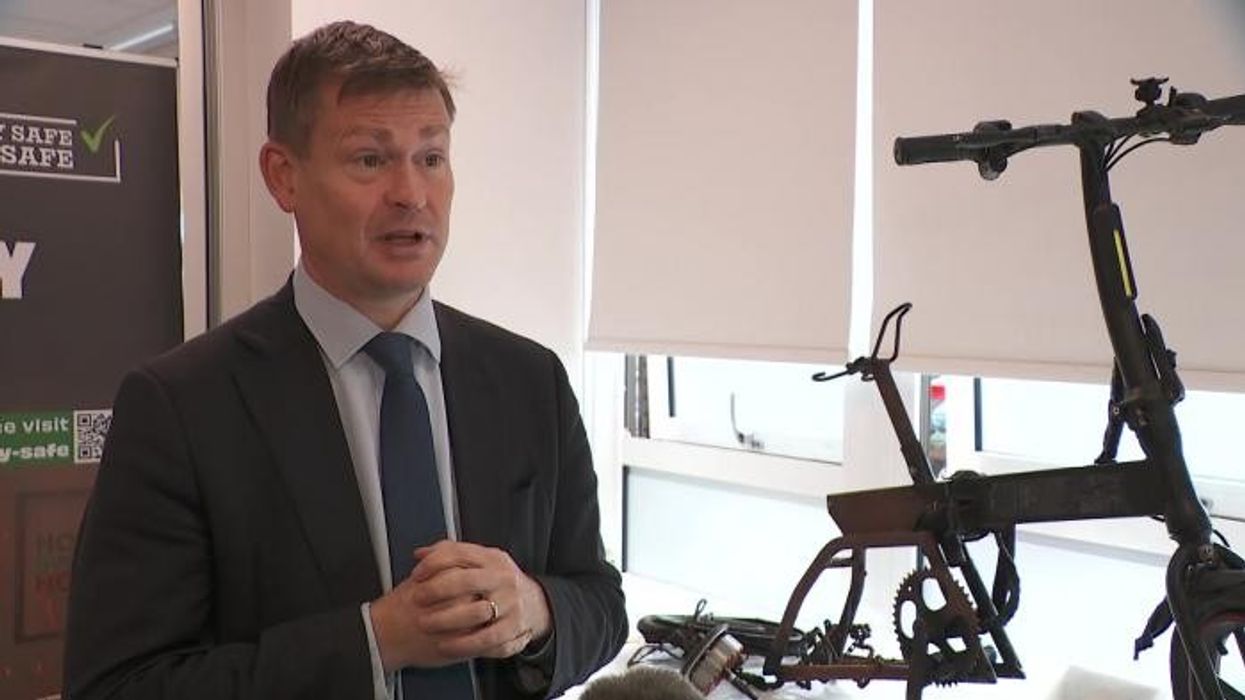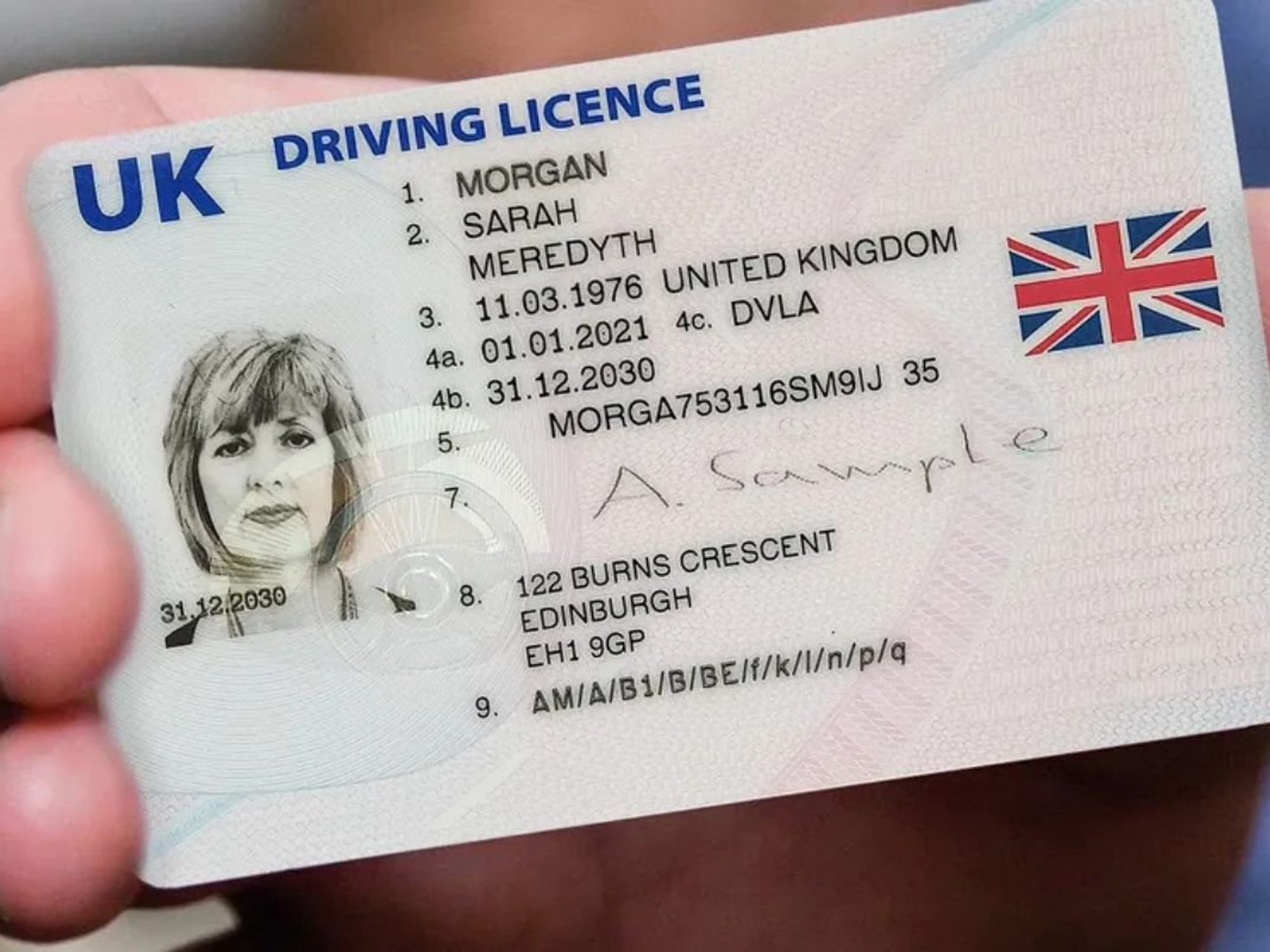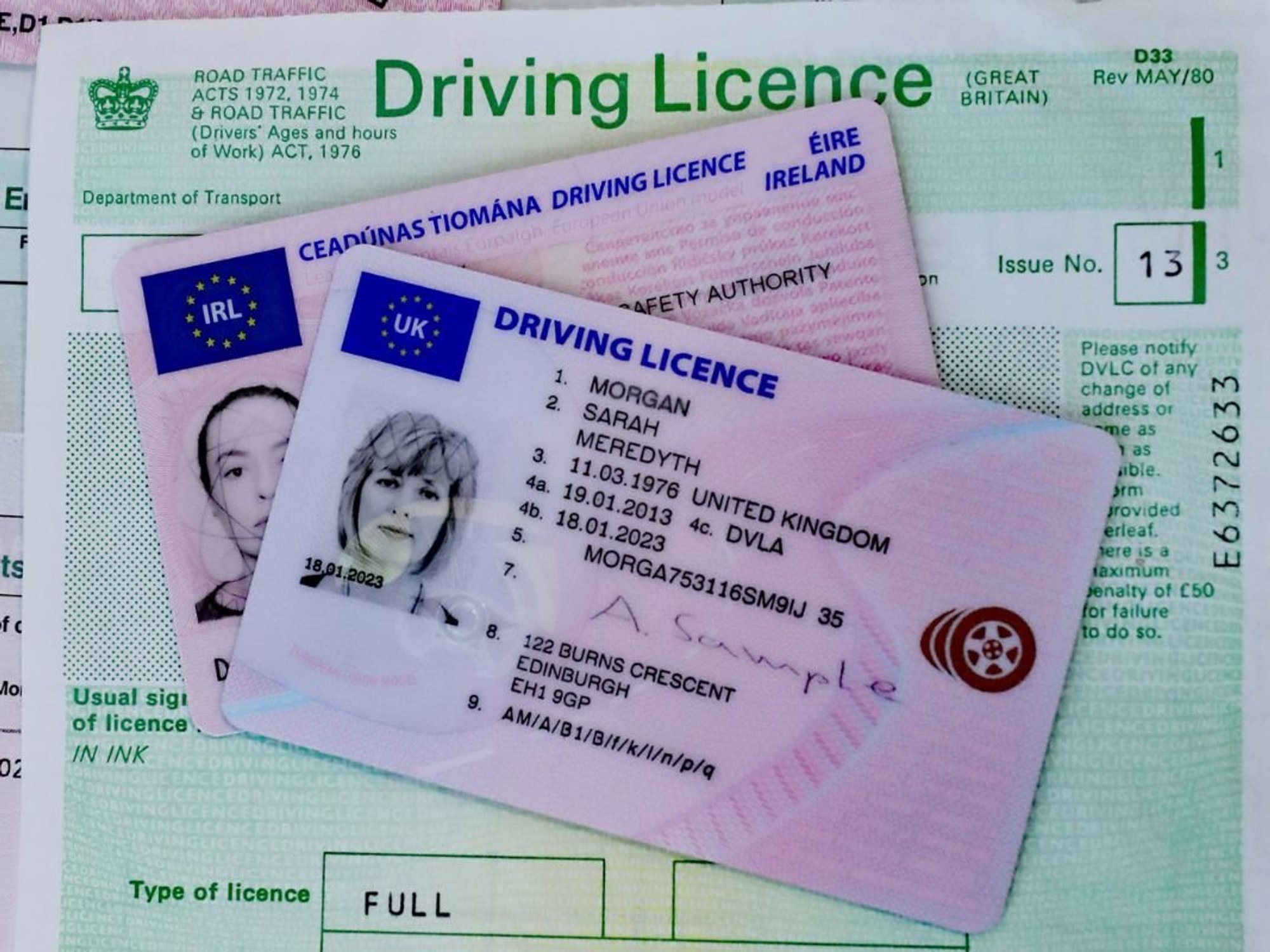Electric scooter update expected next year as UK trials get green light until 2028

The Department for Transport was forced to make changes to regulations to ensure scooters were road legal
Don't Miss
Most Read
New electric scooter regulations have been outlined that could help the Government better assess how trials could inform future road policy.
Electric scooter trials have been in operation around the UK for a few years, with the Government looking at whether the powered transporters could become commonplace on roads in the coming years.
E-scooter trials were originally launched in July 2020 and were designed to run until November 2021.
However, due to the coronavirus pandemic, the Department for Transport granted additional trial periods to collect more data and enhance existing safety measures.
Do you have a story you'd like to share? Get in touch by emailing motoring@gbnews.uk
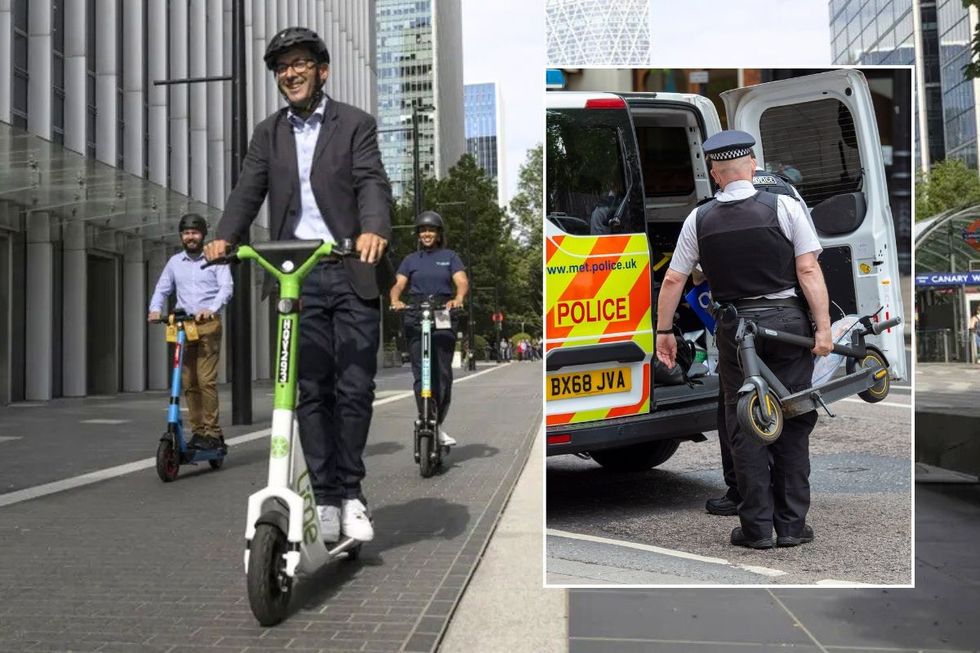
The Department for Transport is expected to provide an update on e-scooters next year
|GETTY
The next deadline, in May 2026, will enable the Department to "build on current learning across areas", including usage, safety, and environmental impacts.
It will also explore changing travel patterns since the coronavirus lockdown, especially as e-scooters become more common in public life.
A further extension until May 2028 will address evidence gaps and look at how e-scooters contribute to meeting Government missions.
The first national evaluation of e-scooter trials was published in December 2022, with the second currently underway, with results expected next year.
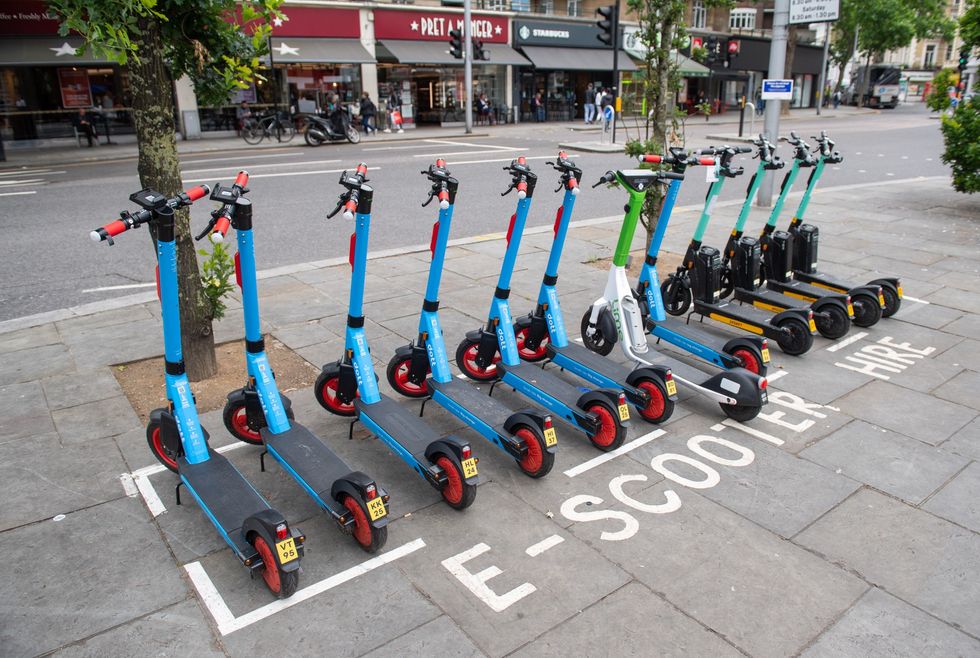
Electric scooter trials are active around the UK
| PAAs part of the trials, electric scooters are classed as motor vehicles, meaning they need insurance and a correct licence for someone to ride one.
The Department for Transport states: "The regulations and guidance put in place are designed to enable these new journeys and learning in a safe way."
Despite the widespread use of e-scooters around the UK, private scooters remain illegal to use on public roads.
Any e-scooter must be fitted with a motor that has a power rating of 500W, has a maximum speed of 15.5mph, and the mass must not exceed 55kg.
LATEST DEVELOPMENTS:
The Department for Transport made changes to the Traffic Signs Regulations and General Directions 2016 to include e-scooters within the definition of vehicles permitted to use cycle lanes.
Once this change was made, it was up to local authorities to amend their Traffic Regulation Orders (TROs), which apply to cycle lanes.
Further amendments were made to the Road Vehicles (Registration and Licensing) Regulations 2002 to ensure that they don't pay Vehicle Excise Duty.
The Department for Transport added that it has the option to set out local requirements and controls within appropriate contractual arrangements, as has been the case with time-limited trials.
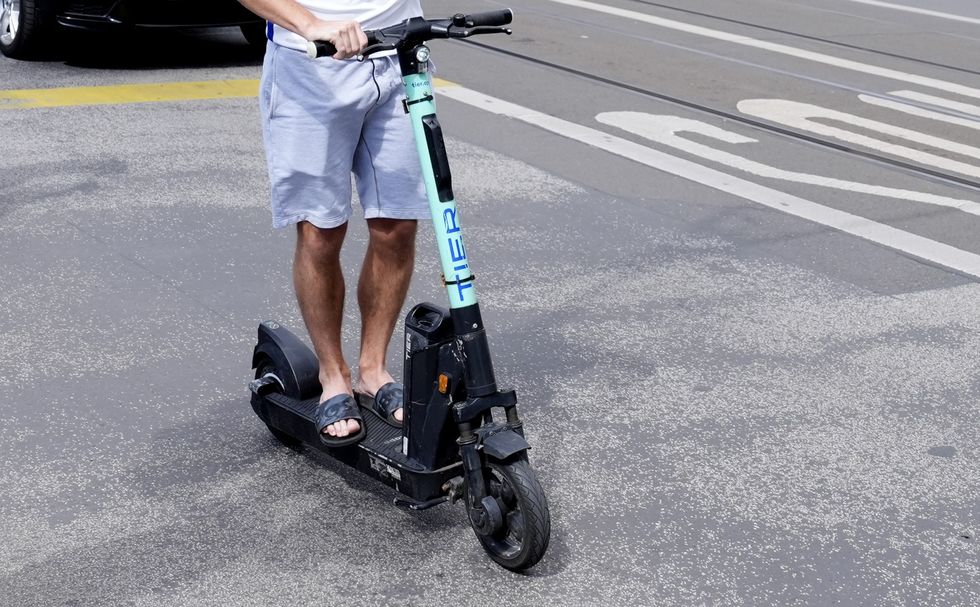
Only scooters involved in trial schemes are allowed on public roads
| PAElectric scooter trial areas around the UK
- Bournemouth and Poole
- Buckinghamshire (Aylesbury, High Wycombe and Princes Risborough)
- Cambridge
- Essex (Braintree, Chelmsford and Colchester)
- Gloucestershire (Cheltenham, Gloucester and surrounding areas)
- Liverpool
- London (participating boroughs)
- Milton Keynes
- Newcastle
- North and West Northamptonshire (Northampton, Kettering, Corby, Wellingborough, Rushden and Higham Ferrers)
- Norwich
- Nottingham
- Oxford
- Salford
- Slough
- Solent (Isle of Wight, Portsmouth and Southampton)
- West Midlands (Birmingham, Coventry)
- West of England Combined Authority (Bristol, Bath and parts of South Gloucestershire)


